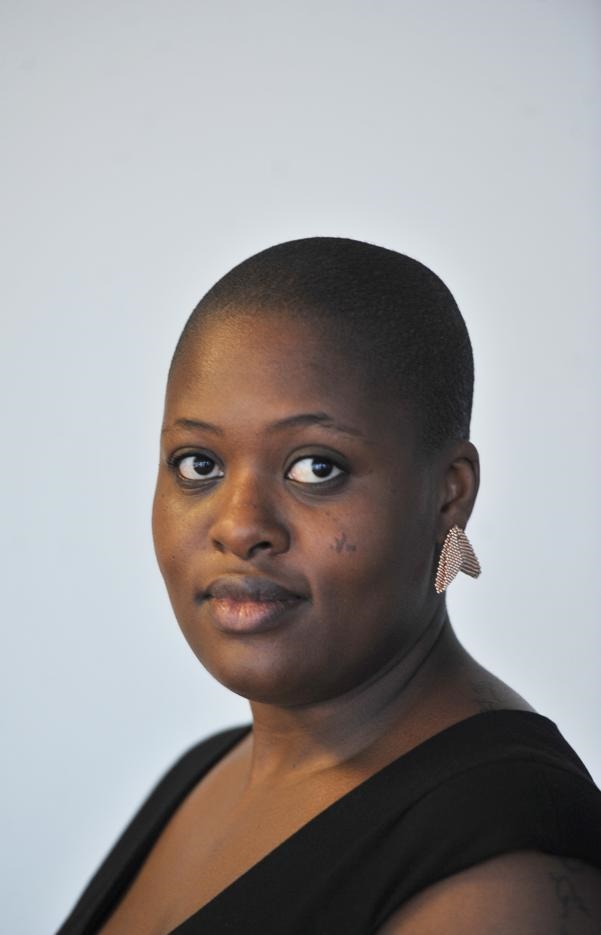
On the 40th anniversary of the June 16 1976 Soweto Uprising, we remember the young people who, at great personal cost, pushed back against a system that sought to deny them access to education – over and above the brutality, corruption and disenfranchisement that underpinned apartheid. This year is also the 20th anniversary of the adoption of our highly regarded Constitution.
As we mark these two historical events, tough questions need to be asked about the place of young people today.
For some media there is, this Youth Month, an active search for narratives about and from the youth. Why are these voices not sought out throughout the year, considering that young South Africans are in the majority?
This question of youth representation in our media, outside of times of protest, is pressing. It is the same with gender and class representation.
Sexual violence against young women on campuses has continued, as rape culture remains normative in sexist South Africa.
An increasingly familiar sight is of some young people begging for work on street corners. But instead of asking what is wrong with our education-to-market value chain, we regard these stories of systemic exclusion as “heartwarming” – lauding these people’s “gritty determination” to do whatever it takes to secure their future.
This in patronising ignorance or denial of the fact that young people have, over the past two decades, been begging and lobbying for a decolonised curriculum and access to public tertiary education – because that access is still determined by financial means that are elusive to the majority.
Even among those of us who supported #FeesMustFall, #RhodesMustFall and #EndOutsourcing movements – and lauded the students for their courageous stance – how many have considered the personal, mental and physical toll of protests on those countless numbers, called “the ones we have been waiting for”?
Students have been jailed, harassed, excluded and denied the same restorative justice shown to the Reitz Four. Some protesting students are known to suffer from post-traumatic stress disorder; others have turned to alcohol and other substances in an attempt to cope, because revolution comes at great cost.
And while many continue to use the students of 1976 as a critique of the current youth, seldom is it asked: in what ways has this society failed young people, prompting them to mobilise in similar ways – against their parents and the status quo – to the generation of 1976?
The lived experience of most of today’s youth is a huge indictment. We should be concerned with what that means for millions of young people, rather than romanticising the circumstances that dictate their struggle.
Follow me on Twitter @GugsM




 Publications
Publications
 Partners
Partners








